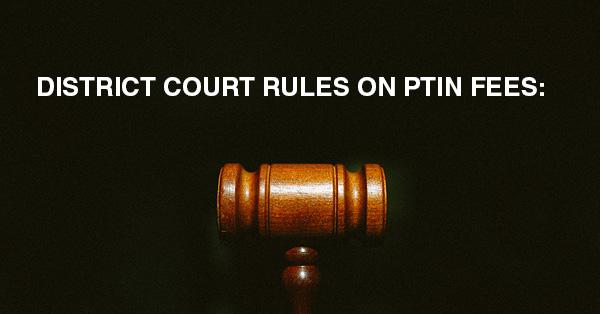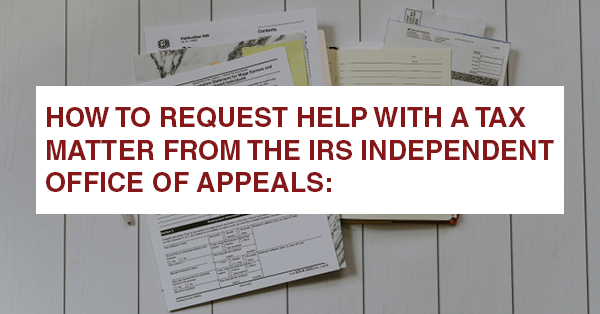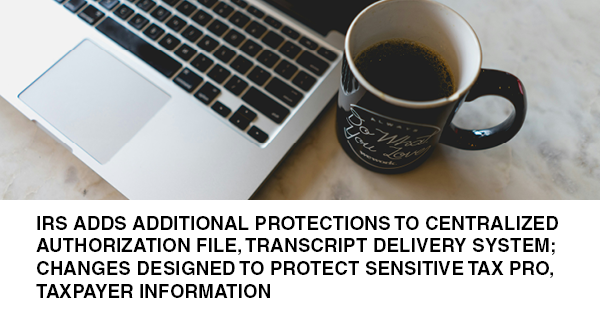DISTRICT COURT RULES ON PTIN FEES:

The United States District Court for the District of Columbia ordered the IRS to issue partial refunds to tax return preparers in a class action suit after finding the government charged excessive fees for preparer tax identification number issuance and renewal services.
In a January 23 memorandum opinion in Steele v. United, Judge Royce C. Lamberth of the U.S. District Court for the District of Columbia found that the IRS’s fees for vendor and PTIN services from 2011 to 2017 were excessive, and that the government isn’t entitled to an offset for years in which it was enjoined from charging fees. The opinion was unsealed February 21.
The IRS began expanding regulatory control over return preparers who weren’t attorneys or CPAs in 2010. It created a mandatory credentialing process that included a background check, a competency exam, and ongoing educational requirements.
After implementing the changes, the IRS began charging preparers fees for PTIN registration and renewal. The initial fee was $50 and was used to fund customer service, IT development, management and supervisory costs, and program compliance that included checking professional designation, personal tax compliance, and criminal background. The fee was reduced to $33 after certain regulations were invalidated in Loving v. IRS, 742 F.3d 1013 (D.C. Cir. 2014).
Return preparers were also required to pay additional fees to Accenture, a third-party contractor that develops, maintains, and operates the system responsible for PTIN registrations.
After Loving, a group of return preparers filed suit, seeking declaratory, injunctive, and monetary relief. The petitioners argued that the IRS lacked authority under the Independent Offices Appropriations Act to charge PTIN fees.
The district court initially agreed with the plaintiffs in June 2017 that the government had no authority under the independent offices act to charge the fees. However, the D.C. Circuit held otherwise in March 2019, saying that the statute did allow the government to assert those fees, and it remanded the case to the district court to determine whether the fees were excessive.
The parties filed cross-motions for summary judgment in March 2022. The plaintiffs argued for the court to find that the PTIN fees were excessive as a matter of law. The government conceded that portions of the fees were excessive, but requested that the court uphold other portions of the fees and vendor fees.
Fees
After reviewing what costs went into the calculations of the PTIN fees, the court found the fees to be excessive because they were funding ventures and functions of both the IRS and Accenture that went beyond the issuance and renewal of PTINs and maintenance of the program.
The court ordered the IRS to determine an appropriate refund by recalculating the fees and ensuring that return preparers weren’t charged for activities that benefited only the agency and the public.
Lamberth was unpersuaded by the government’s argument that it should be entitled to an offset to any restitution award based on the amount it could have charged return preparers from 2017 to 2020 but was unable to because of a prior injunction issued in Loving. He said the IRS provided no real support for the argument and that the current case wasn’t the proper vehicle for such a request.
“To be clear, the Court expresses no opinion as to whether the IRS may claw back the forgone PTIN and vendor fees through some other means, such as an administrative process setting fees retroactively for return preparers who registered or renewed their PTINs during the relevant period, or a civil action of its own for restitution. That question is beyond the scope of the present proceeding,” Lambert wrote.
The petitioners in Steele v. United States, No. 1:14-cv-01523 (D.D.C. 2023), were represented by Allen Buckley of the Law Office of Allen Buckley LLC, Christopher S. Rizek of Caplin & Drysdale, and attorneys from Motley Rice LLC.




